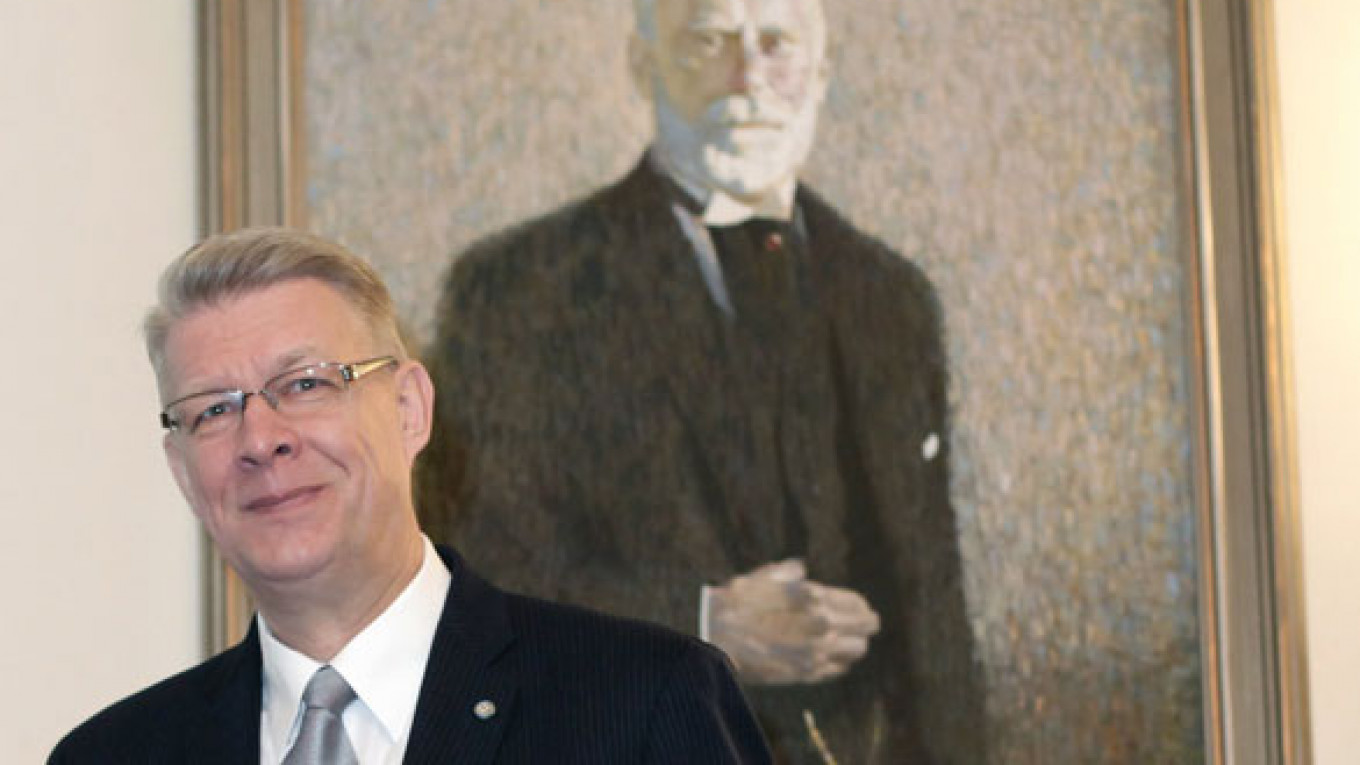A new Latvian law that provides residency rights to foreign investors has provided a boost to the real estate market and nationalist sentiment alike, the BBC reported.
The new law passed came into effect in July and de facto allows non-EU citizens to acquire the right to reside in the EU and travel freely within it — if they purchase Latvian property of at least 70,000 euros ($95,000) in value, or invest in a business.
Property owners say sales are increasing.
"One year ago the market was completely dead. Basically, there was no proper trading. Nothing. But now everything has changed and the number of deals is increasing," said apartment building owner Kristaps Kristopans.
According to Kristopans, almost all his buyers are Russians who have been attracted by the Latvian residency permit offer.
Although the law does not give investors the right to work anywhere within the European Union, they can still enjoy the freedom of movement within all 25 EU countries in the Schengen zone.
However, not everyone is happy with the new law. Members of the Latvian National Party protested when the bill proposing to grant the privileges was introduced in the parliament. They think the incentive to foreign buyers will inevitably increase prices, making real estate less accessible for Latvians.
"The government is trying to sell our country. They do not bother to think how to bring back Latvians who left the country," said Hardis Paradnieks, one of those opposed to the new law.
Robert Zile, a member of the Latvian parliament, agrees with the opponents of the new law and says the influx of Russian investments will increase Moscow's influence on the country.
A Message from The Moscow Times:
Dear readers,
We are facing unprecedented challenges. Russia's Prosecutor General's Office has designated The Moscow Times as an "undesirable" organization, criminalizing our work and putting our staff at risk of prosecution. This follows our earlier unjust labeling as a "foreign agent."
These actions are direct attempts to silence independent journalism in Russia. The authorities claim our work "discredits the decisions of the Russian leadership." We see things differently: we strive to provide accurate, unbiased reporting on Russia.
We, the journalists of The Moscow Times, refuse to be silenced. But to continue our work, we need your help.
Your support, no matter how small, makes a world of difference. If you can, please support us monthly starting from just $2. It's quick to set up, and every contribution makes a significant impact.
By supporting The Moscow Times, you're defending open, independent journalism in the face of repression. Thank you for standing with us.
Remind me later.






